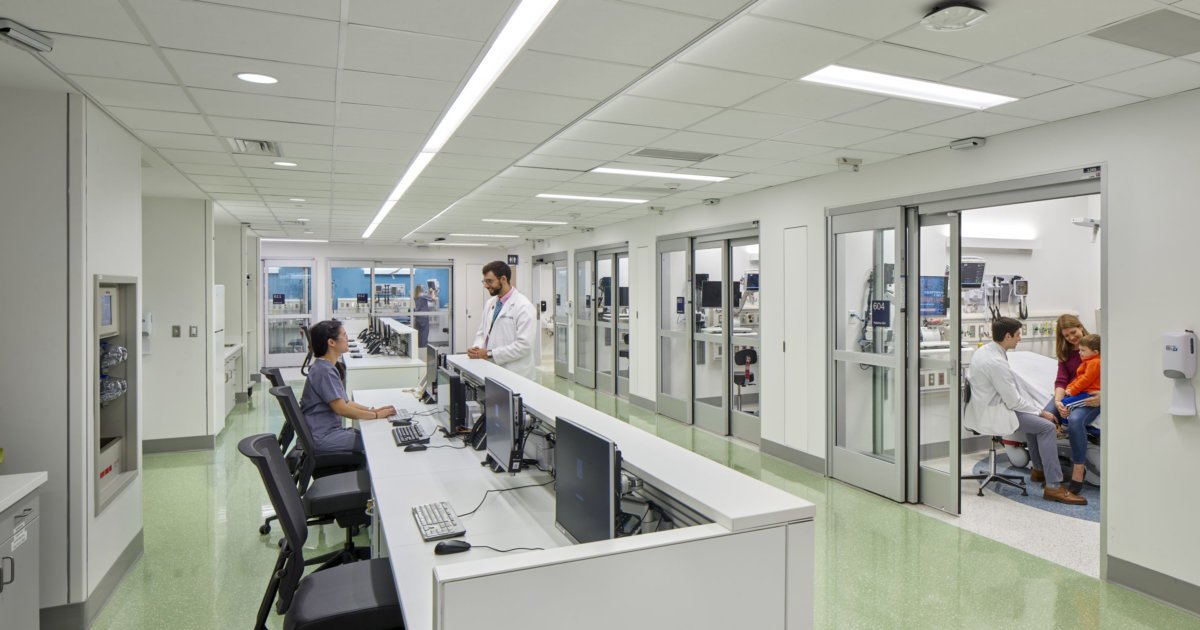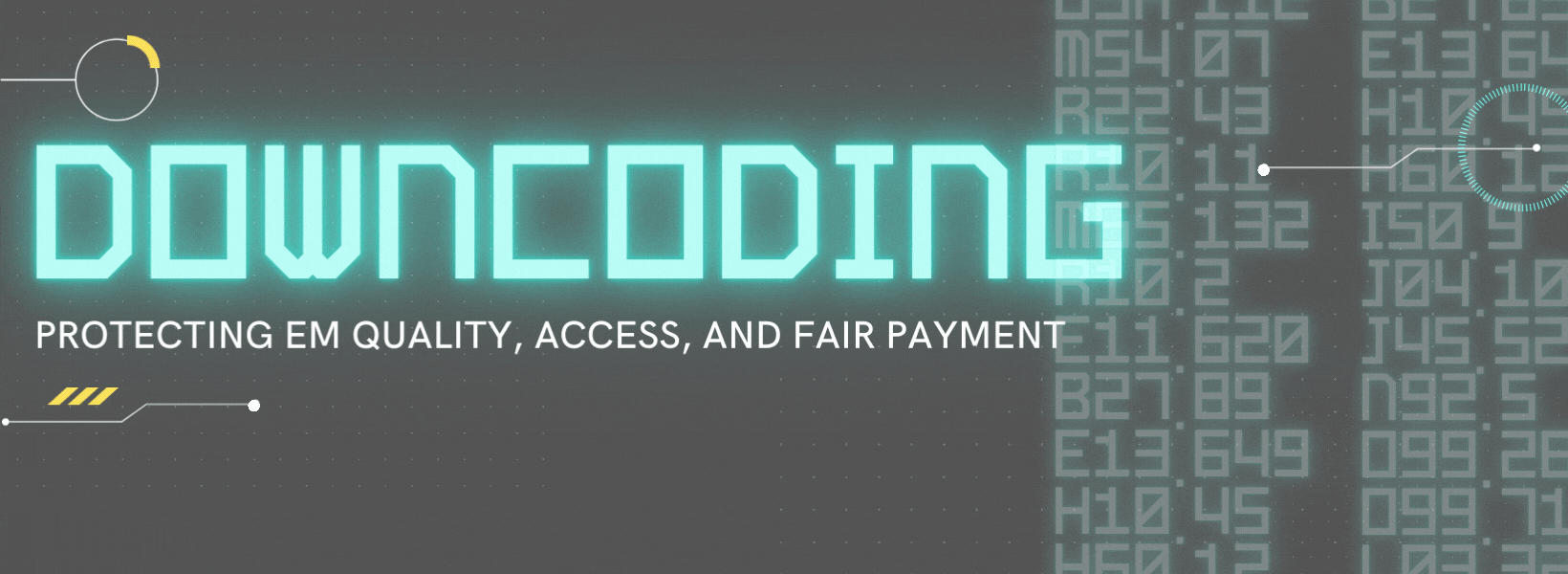What's Next: EM-Impacted Bills in effect on July 1
New Laws will make Emergency Medicine teams’ lives easier and improve patient safety and care
ED Medical Director or Nurse Director? Make sure you’re involved in your ED’s security risk assessment and plan. Here are two things you need to do for 24/7 workplace security.
By Jeff Kelley, VACEP Communications
VACEP’s work in the 2023 General Assembly will soon be apparent in every emergency department statewide. Since lawmakers adjourned in late February, Governor Glenn Youngkin has signed all of VACEP’s supported legislation into law.
Each bill will go into effect this Saturday, July 1. In doing so, emergency physicians and their teams will witness visible, on-the-ground changes. In summary:
The ambulance entrance to the ER at VCU Medical Center.
Paramedics will expand their scope of practice. Paramedics who are working in a hospital as a tech will soon be able to administer controlled substances, if so allowed by their paramedic training. Get more information on the law here.
If your ED doesn’t have it already, 24/7 trained security is coming soon. Emergency physicians should be aware by now, but VACEP introduced a first-of-its-kind bill in the nation to put trained security in every Virginia emergency department in an effort to stop workplace violence. Details on it here.
The Virginia Department of Health has issued draft regulations based on the law that are in line with VACEP’s policy goals. You can view those regulations, which will be incorporated into the Code of Virginia, here (Note: stricken text indicates existing text that is proposed to be repealed, while underlined text indicates new text that is proposed to be promulgated.)
One critical component is that the law requires hospital administration to develop a security plan and outline risks for the ER "identified in consultation with the emergency department medical director and nurse director.” This includes:
Trauma level designation
Overall patient volume
Volume of psychiatric and forensic patients
Incidents of violence against staff
Level of injuries sustained from such violence
Prevalence of crime in the community
We encourage all emergency physicians to reach out to their ED director now to ensure someone from the department is part of this process — as is required. If you have questions, reach out to Aimee Perron Seibert, who manages VACEP government affairs.
An improvement to the bureaucratic medical TDO process. Two bills that update the medical Temporary Detention Order (TDO) process will make life easier for emergency medicine teams.
Wins like those on this page aren’t possible without funding. If you are an emergency physician or practice group leader, consider a donation to VACEP’s STAT fund today. Learn more.
Emergency physicians will be able to get a medical TDO for intoxicated patients by allowing them to call magistrates — without calling courts first. The bills are Senate Bill 1302 and the identical House Bill 1792, for more information.
Lawmakers greenlit a new mechanism to release a patient under a TDO when they are in the ER and waiting for a bed, but, in waiting, no longer meet the criteria of being a danger to themselves or others. Come July, Community Services Boards can be called back in to re-evaluate a patient under a TDO.
New protections for physician mental health. Two questions will be removed on Virginia’s licensure, certification, and registration applications for doctors. These will help emergency physicians get treatment for mental health conditions without fear of repercussion. The questions are:
Do you have any reason to believe that you would pose a risk to the safety or well-being of your patients or clients?
Are you able to perform the essential functions of a practitioner in your area of practice with or without reasonable accommodation?
These wins are only possible with VACEP member support. As we reach the halfway point of the year, we're asking members to give to our "STAT" fund to support legal, lobbying, and communications efforts. Or, if your membership is lapsing this summer, you haven't been an active member for a while, or if you're a resident — join VACEP now. Regardless of your membership status or giving level, VACEP volunteers will continue to advocate and improve the lives of every Virginia emergency physician.




